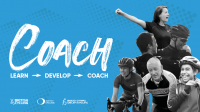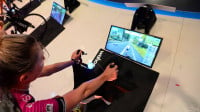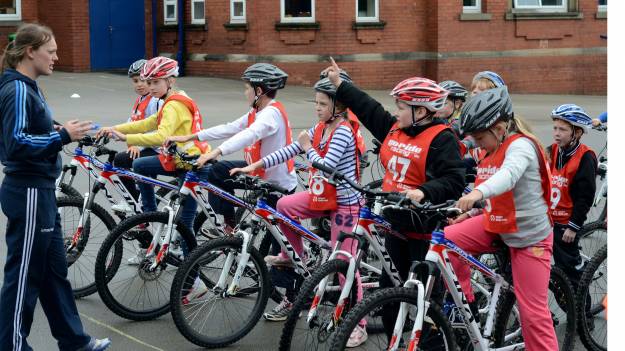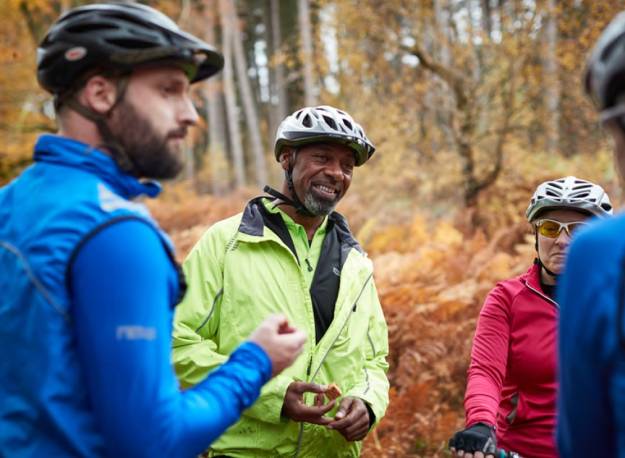Just like the best riders, effective coaches constantly strive for personal improvement. To do this requires specific and deliberate practice, which is where Continuous Professional Development (CPD) comes in.
Here are some examples of CPD, along with a request for you to complete a quick survey and tell us more about what CPD you’re looking for.
CPD is simply a way in which we maintain our knowledge and skills that relate to our coaching practice. Over 80% of respondents to our survey last year told us that they would engage in some kind of CPD over the next 12 months.
Most of us engage in some form of CPD without really recognising it – such as reading this article. CPD comes in many shapes and forms, and we all have personal preferences in what we like to engage with.
Formal education programmes
Coaching courses and qualifications are invaluable for improving knowledge and practice. They also provide excellent opportunities to meet other coaches to share best practice and provide peer support.
British Cycling has a range of formal educational offers, including discipline-specific awards and workshops such as Coaching Riders with a Disability and Power: Understanding Cycling Performance.
Ask for feedback
One of the best ways to develop is to ask for feedback. What feedback do your riders, coaches or support staff have on what you do well and what you could improve? Could a peer, coach, or rider observe some of your coaching sessions and give feedback on what they notice?
Learning resources
There’s a huge amount of information on coaching available on the internet. You can join coaching forums, follow blogs of coaches and athletes, read Twitter updates, listen to podcasts and watch videos of coaches online. Be wary as not all content is good; you could speak with other coaches on what they find useful.
The British Cycling Insight Zone offers some great content for both coaches and riders. If you’ve not already done so, it’s well worth a look.
Action learning groups
An action learning group (ALG) is small group of people who regularly get together to discuss particular topics. They work best when one person takes the role of facilitator and when some ground rules have been agreed at the outset. They also empower participants to make commitments to action, which they would not always necessarily be in a position to do after having listened to a lecture or seminar. You could form an ALG with other coaches in your club, region, or even other parts of the world using video conferencing.
Reading
Books can be an invaluable source of knowledge, even if they don’t relate directly to coaching. Andrew Kirkland, British Cycling’s coaching and education officer, said: “Reading Rod Ellingworth’s book - Project Rainbow: How British Cycling Reached the Top of the World - gave me a perspective of cycling and insight into the sport that could never be found in a coaching manual. It’s the most annotated book in my e-reader as there are so many examples of good practice, reflection and methods to develop young riders.”
“One of my favourite paragraphs relates to how the author supported a young Mark Cavendish. It re-enforces how important the role of a coach is. It tells me that great coaches aren’t necessarily those with the most knowledge or technical skills (although these are important), but that being able to communicate with and motivate others in a way that works for them comes top.”
Being a great coach is not just about gaining new knowledge or having great ideas developed through CPD. It’s also about having the ability to apply what you have learnt in a way that benefits those who you coach. It’s also useful to record what you do and have a reflective diary that includes the CPD you undertake.
To help us to ensure that the coach development opportunities we are developing are right for you, we’d really appreciate it if you could please complete the following survey. It will take less than five minutes.
Click here to complete the CPD survey.
If you have any questions around CPD, please contact the Coach Education team on coaching@britishcycling.org.uk or 0161 274 2060.










